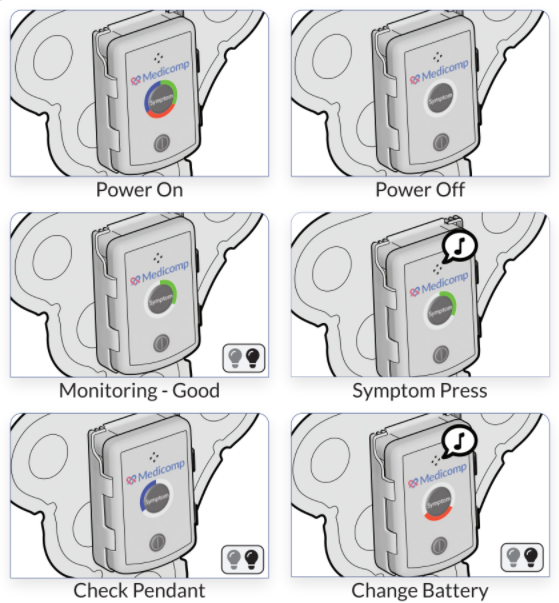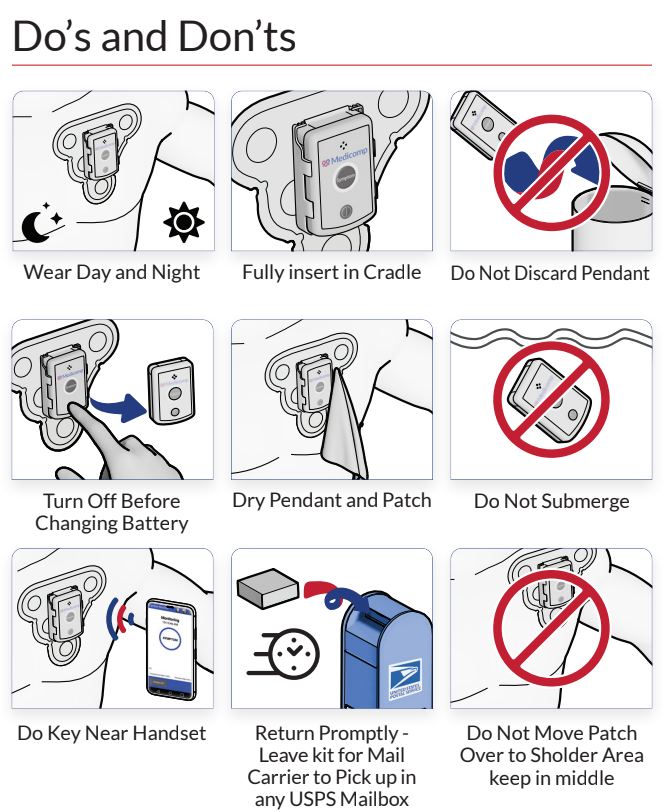Heart disease is the number one killer of men and women in America, and obesity is one of the major factors contributing to this statistic. About 2 out of 3 Americans are considered overweight or obese. A common heart related problem that appears in obese people is atrial fibrillation, an abnormal fluttering in the heart’s rhythm located in the upper valves of the heart, which can be seen in ambulatory cardiac monitoring. When the heart becomes stressed out from the amount of effort it takes to pump blood through a larger body, it can cause the electrical signals in the heart to spasm and fire off at the wrong time, leading to an increased chance of heart attack and stroke.
Previous studies have shown that when someone loses weight, the frequency and duration of atrial fibrillations decreases. A new study presented at the American College of Cardiology’s 64th Annual Scientific Session brought to light the long-term effects of weight loss on AF. It found that obese patients that lost 10% of their body weight, and maintained that loss, were six times more likely to experience relief from the burden of AF compared to those that did not lose weight.
It was also noted that the loss in weight showed markers of improvement in the structure of the heart and other signs of heart health, including blood pressure, lower cholesterol, and blood sugar levels. Weight loss was also found to increase the success of abolation, the surgical treatment for AF. The results of the study illustrate just how much of an impact weight loss has on the effects of AF burden without the use of medication or special treatments. Follow-up studies will need to be conducted to account for error or bias, but the current results are promising to better understand the relationship between weight loss and AF burden.
To learn more about atrial fibrillation, research conducted on the subject, and ambulatory cardiac monitoring, browse the ReactDx Inc blog or call 1-800-23-HEART.



